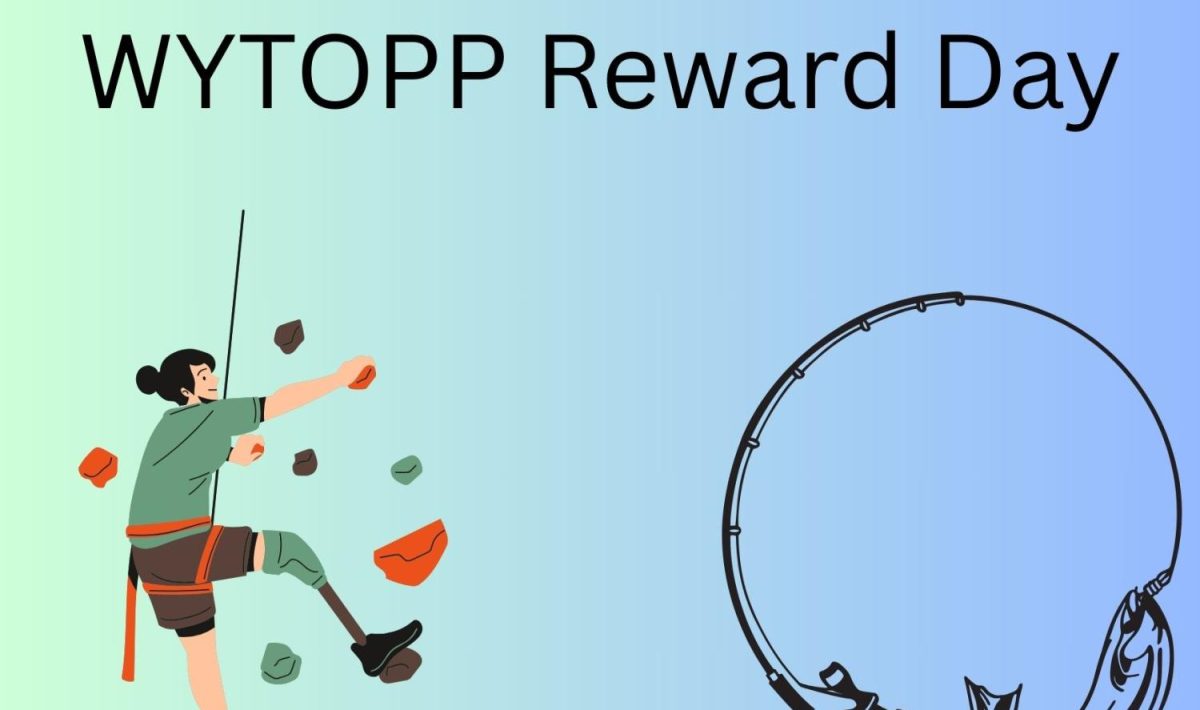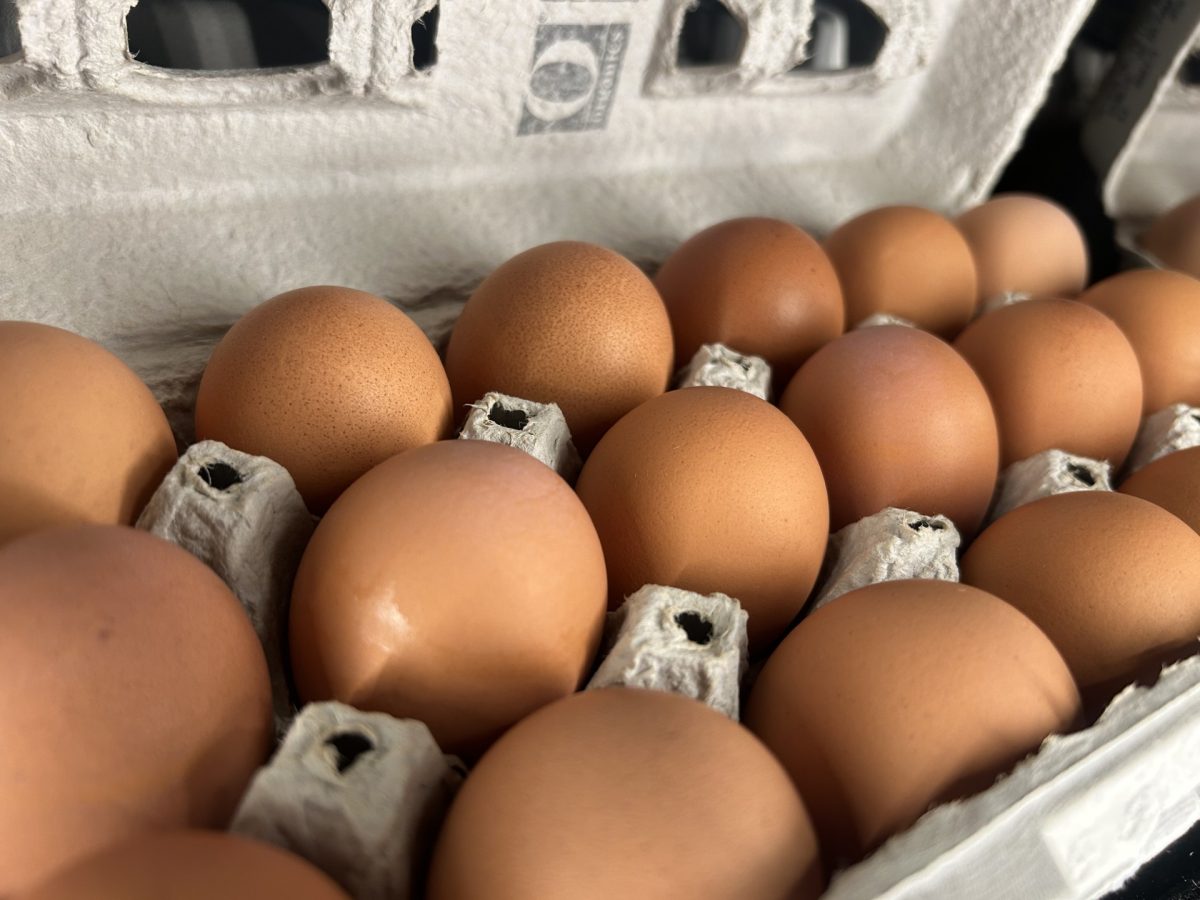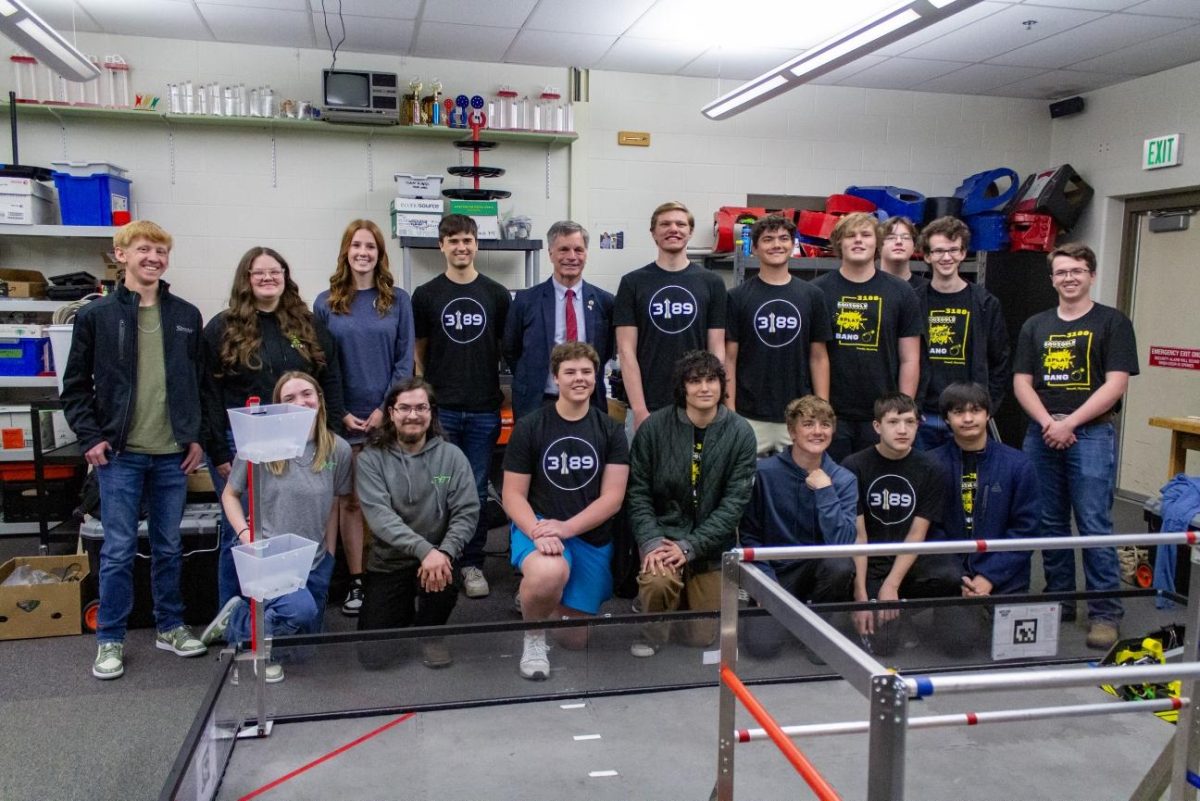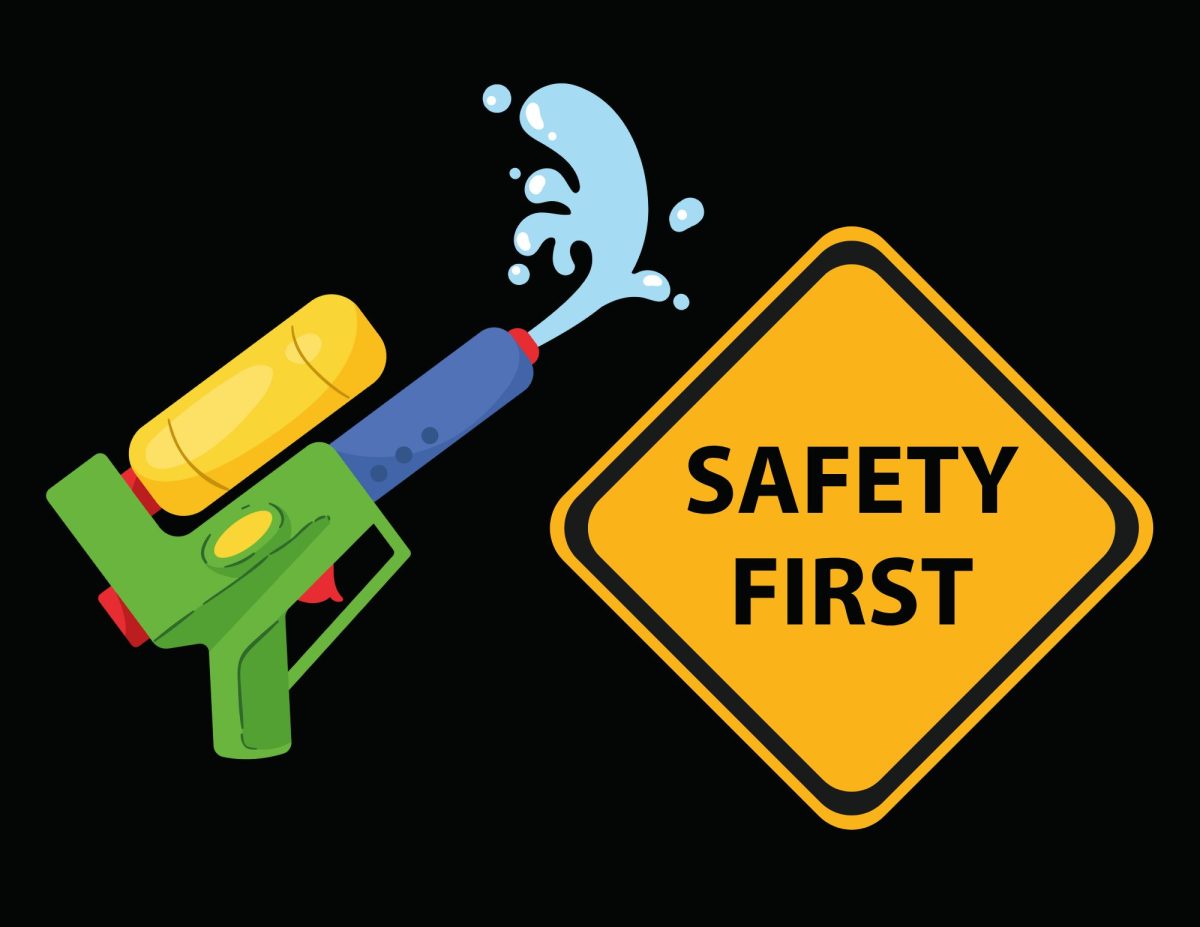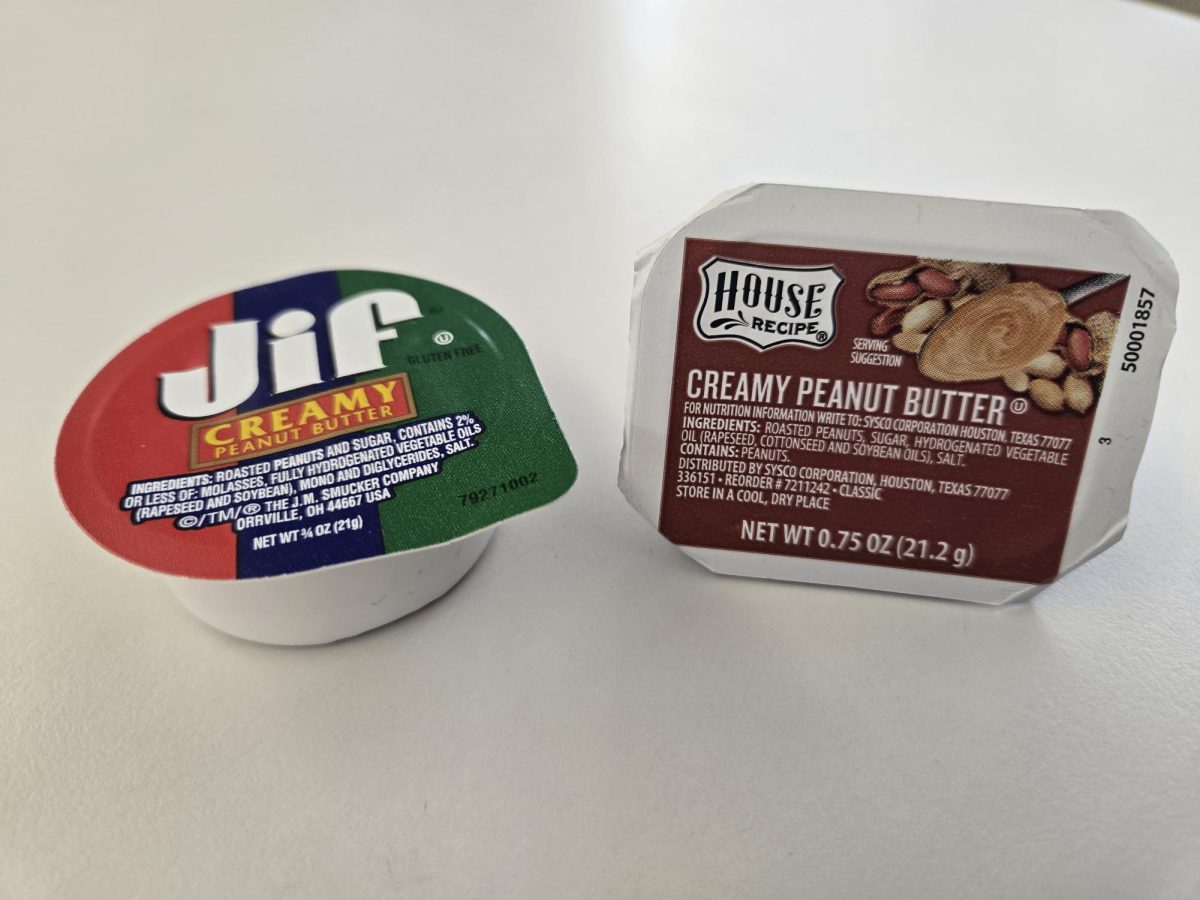Where’s the beef? In the label
More stories from Wyatt Murray
When students call lunch meat “mystery meat,” it often hurts from a cattle producer standpoint.
How do we know if it is foreign or American beef?
We won’t ever know until the government allows country-of-origin labeling. The government claims that country of origin labeling isn’t “fair” for foreign countries that compete against American cattle producers. Why? Because other countries have bad reputations for contaminated beef.
Consider this scenario: You go into a grocery store and walk into the meat section. You look at two pieces of meat, any meat, they look the same and are priced the same. One piece of meat says from Mexico and the other American. Which one will you choose?
The US government realizes Americans prefer local beef than foreign. You would think the government would like the boost in local economy and rely less on importing. But actually it is the opposite. Foreign policy and foreign affairs revealed its ugly face in the economy. Stating that it is “inhumane” to treat other countries like this and deprive them of the opportunity to boost their economy through exports.
To be honest it isn’t our fault their economy is trash; our country is not in the position to be the rich uncle in this scenario. We have economic issues that need to be solved before we can dive head first into foreign affairs.
A question you can ask is why is it that produce all contain labels of where they originated from? Why is the government being particular about what should be labeled or not? You should think if the government is aware that we “trust” foreign produce they would go ahead and label it. Then in hindsight they know we don’t trust foreign meat. The government is being deceptive when you walk up to those two pieces of beef hoping you choose the right one that won’t send you to hospital.
When you walk down aisles of meat you will often see the sticker “USDA approved” on it. This sticker will be the only label on it any piece of meat. The government is trying to tell you they approved it and nothing is wrong with it. Also saying that your judgment means nothing and you should rely on their word not your judgement. The sticker does not particularly mean it is safe to eat. Chinese contaminated their meat and sold it to McDonalds and no one knew about it.
Reading this you may say wow, this is a complicated situation. Well … it is and it shouldn’t be, you should say I have the right to know where my food comes from. A lesson to be learned, never trust the government to do the right thing. The government is more of a business than your friend.


